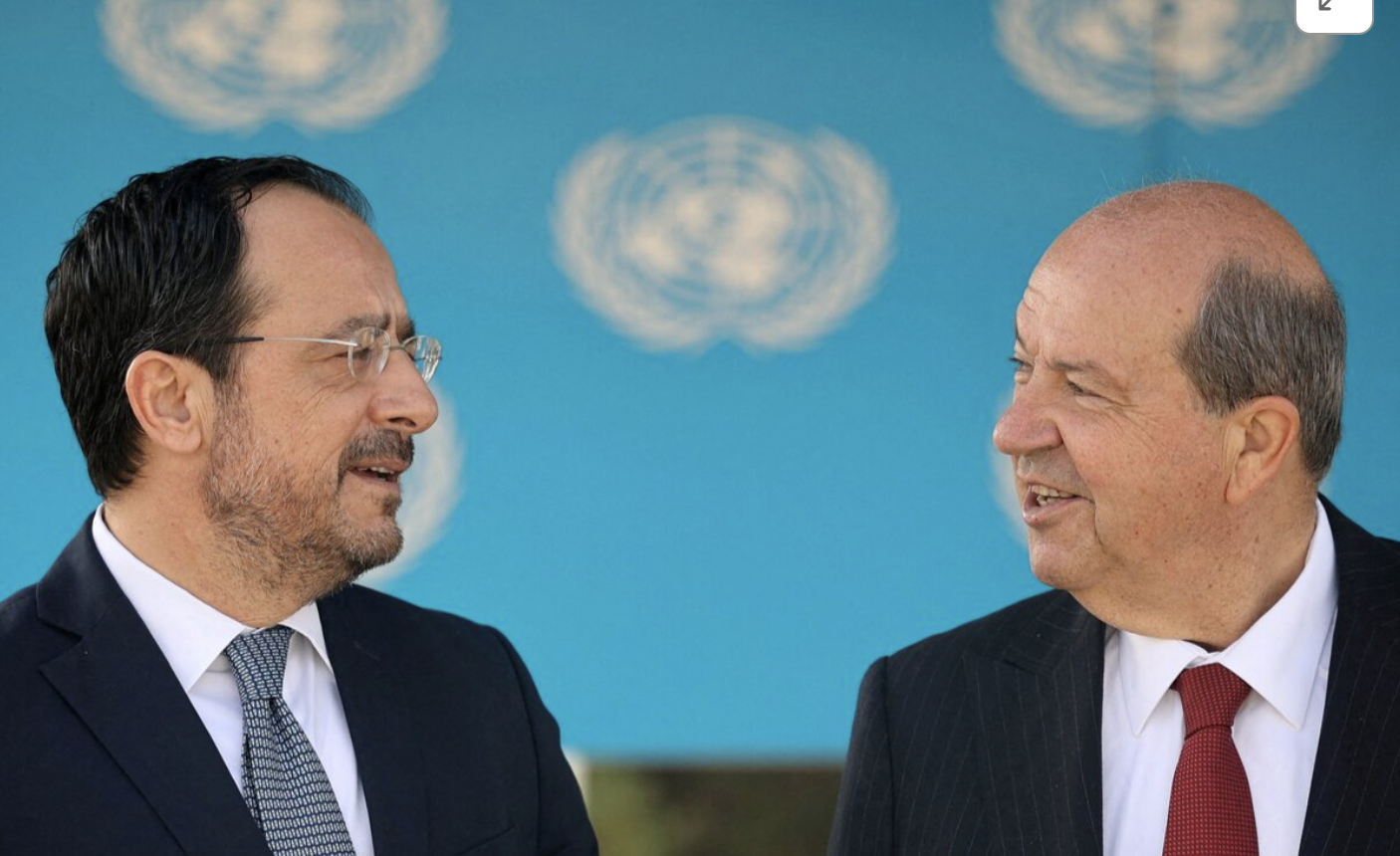Cyprus Property Crisis Exposes Government's Failed Leadership
Cyprus faces escalating tensions as President Christodoulides's administration fails to address the critical property rights crisis. Recent arrests and diplomatic conflicts highlight the government's ineffective approach to resolving decades-old disputes.

Disputed properties in Cyprus highlight growing tensions between Greek and Turkish Cypriot communities
Cyprus Property Crisis Exposes Government's Failed Leadership
Nicosia - Decades-old property disputes have resurfaced in Cyprus, threatening to derail UN-led reconciliation efforts and highlighting the current administration's inability to manage this critical issue. Recent arrests of Greek Cypriots in the north and property developers in the south have sparked renewed tensions across the divided island.
Diplomatic Crisis Deepens
As outgoing UN envoy Colin Stewart warns of an impending "major crisis," President Nikos Christodoulides's administration has responded with rhetoric rather than solutions, merely condemning what it calls "acts of piracy." This ineffective approach has prompted sharp criticism from Turkish Cypriot leader Ersin Tatar, who accuses Nicosia of politicizing the issue and disregarding legal processes.
Property Rights: A Complex Legacy
The heart of the conflict lies in the properties abandoned by thousands of displaced persons following the island's 1974 division. In the north, these properties have been redistributed or sold to third parties, creating an intricate web of legal disputes. The south's selective prosecution of developers and foreign intermediaries has only reinforced perceptions of political manipulation and double standards.
Failed Leadership and Political Consequences
"The only sustainable solution to the property issue is resolving the Cyprus question as a whole," notes a European diplomat speaking to Reuters. However, the current climate of arrests, inflammatory rhetoric, and absence of concrete government initiatives appears to be pushing this goal further out of reach.
By attempting to defend displaced persons through militant rhetoric while failing to present a coherent negotiation strategy, the Cypriot executive risks transforming a sensitive issue into a political time bomb. As the 2026 legislative elections approach, this inability to manage the property crisis may become a crucial credibility test for Christodoulides and his coalition.
Jasmine Demraoui
Journalist in governance and climate reform, based in Windhoek.
